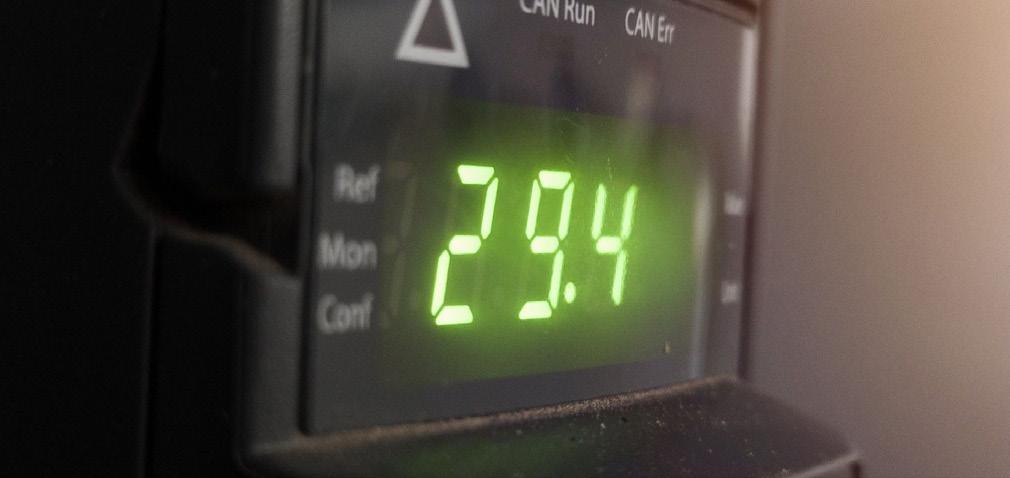
1 minute read
9. PUMP REPAIR & MAINTENANCE
by BPMA
This comprehensive two-day classroom-based course includes some hands-on training allowing students to gain practical experience in examining pumps and their components. Through exploring common causes of damage and failure, attendees will gain in-depth knowledge and an understanding of pump repairs and maintenance best practices.
This course is suitable for both novice technicians seeking fundamental knowledge of pump repair and maintenance, as well as experienced technicians looking to improve on their skills and stay in touch with industry best practices.
Course Description
In this course, students will discover how to evaluate the cost-effectiveness of a repair versus the replacement of pump components, as well as the importance of establishing a regular maintenance schedule to prevent equipment failures and extend the life of the pump system.
Through interactive exercises and case studies, attendees will gain an understanding of best practices for maintenance and repair, and how to apply them to their systems. At the end of the course, attendees will have the practical skills and knowledge necessary to develop and implement a timely maintenance schedule that will help prolong the life of a system and eliminate costly downtime problems.
The course will cover:
• Health & safety needs in the workshop & onsite
• How to repair equipment to manufacturers’ specifications
• Considerations when looking to fit a VSD Unit
• Typical troubleshooting in Pumping applications
• Cavitation and testing
• Warranty & Commissioning
After The Course Students Will Understand
• Different types of pumps/impellers/materials
• How to read a typical manufacturer pump nameplate & what you can do if it doesn’t have one attached
• How to dis-assemble and re-assemble to manufacturers specifications
• The different types of mechanical seals & packing
• Booster Sets & Expansion Vessels
• Sewage Pumps & Pump Stations
• Testing / Warranty / Commissioning
• Preventive maintenance, weekly, monthly, quarterly & yearly
• Disposal of equipment
• FAQ’s










